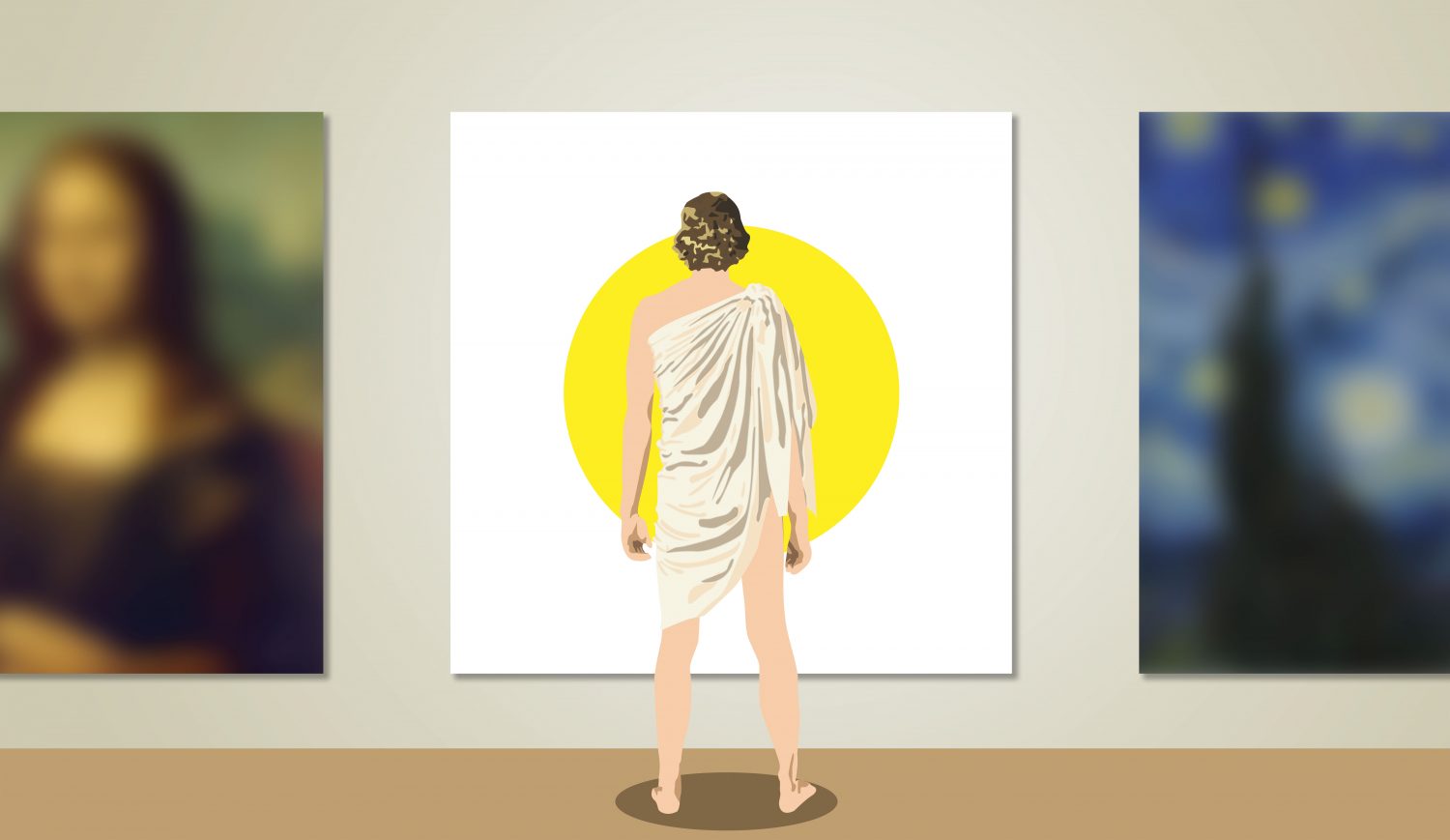Arts under fire


There has never been a worse time than our own to be an arts student, but not for the reason you’d expect.
Ask some arts students and they’ll probably say their greatest problem is securing a job. No big surprise there. The starving artist is an enduring cultural fiction, personified in literary figures like James Joyce’s poor aspiring writer Stephen Dedalus. Abundant research, however, has pretty much debunked the stereotype of the ‘starving English major.’
No, the greatest problem facing arts students today is more Dangerfield than Dedalus: They just don’t get no respect! The tricky thing is, the arts themselves are largely to blame.
Never has an arts education been looked on with as little regard as it is today. A glance at history supports this bold claim.
2400 years ago, Plato famously declared that “there is an ancient quarrel between philosophy and poetry.” Modern readers might substitute “STEM” for “philosophy” and “arts” for “poetry.”
Still, though Plato disliked poetry, he always treated the subject with tremendous seriousness.
Writing a few decades later, Aristotle elevated the arts to a further position of respect. In his Poetics, Aristotle described the objective shape and function of literary forms. In so doing, he proved that art could be studied in a serious manner.
Following the collapse of the Roman Empire, much of the classical philosophic tradition was lost to the West, yet the arts persisted as a respectable academic subject.
Consider, for example, the high-water mark of late-Antique/early-Medieval philosophy, Augustine of Hippo, who wrote that “veils hang at the entrances to the schools of literature, but they do not signify the prestige of elite teaching so much as the covering up of error.” Though he generally denounced the seductive charms of secular literature, Augustine acknowledged both the perceived respectability and practical usefulness of an arts education.
At the same time, the masses never abandoned the arts. Even in the Modern era, common people respected a man of letters.
Up until the mid-20th century, if you told someone you were studying the arts, you would be viewed with respect. I’m pretty sure nobody asked Tolkien what he was going to do with a degree in philology.
So why are so many people today ashamed to be arts students? Some critics have blamed the rise of empiricism and its many offshoots. Basically, as the value placed on the empirical sciences goes up, the value of arts degrees goes down.
There is, however, a problem with that theory. If empiricism inevitably leads to a denigration of less tangible subjects, why did the arts flourish in the highly empirical 19th and early-20th centuries?
Well, during each of the periods mentioned so far, people viewed the arts in an objective framework. Plato discussed poetry via Socratic dialogue. Aristotle systematized the elements of literature. Augustine described the practical merits of rhetoric.
In the 19th and 20th centuries, various arts disciplines attempted to ‘empiricize’ themselves. The ‘humanities’ were increasingly trying to fashion themselves as ‘social sciences.’
But a funny thing happened on the way to the 21st-century. At some point, we abandoned objectivity.
Who’s to say what’s good and what’s bad? In our modern, relativistic worldview, nothing separates the puerile from the sublime other than our own cultural biases. Hence, we ought to study popular phenomena and their causes rather than old, “great” literature.
I concede certain updates are necessary, and there is merit to studying contemporary cultural phenomena, but we’ve gone completely overboard.
Worse still, nobody seems to be making any effort to explain this reasoning to the public. When a parent looks at their child’s university English course and sees a bunch of twenty-somethings reading Harry Potter and the Philosopher’s Stone, they don’t immediately think, “Aha! They must be studying how Rowling’s medievalist cultural appropriations reflect a nostalgia for the mystical.” They think, “Why am I paying $20,000 for my kid to read a children’s book?”
The deleterious effects of cultural relativism extend beyond the classroom, too. How are we supposed to defend the arts when people see artwork like “levitated mass” (literally a 340-tonne boulder) or “ornament vi” (two blue canvases sold for $43,000,000)?
Consider the number of arts curricula teaching hyper-liberal, non-traditional ideas. How can we explain the fact that first-year poli-sci students spend as much time discussing Communism as they do free-market Capitalism? I’ve read The Communist Manifesto three times at university and I’m not even in poli-sci. Of course, I’ve never read The Wealth of Nations or Capitalism and Freedom.
The point of these examples is not to say universities should teach more traditional texts and conservative viewpoints. Variety is essential to academic growth.
Even so, if universities don’t do a better job of explaining why they’ve made such unorthodox choices, then they should expect backlash.
Throughout history, the arts have come under fire many times. The only difference today is that this time they’ve thrown away all their guns.


